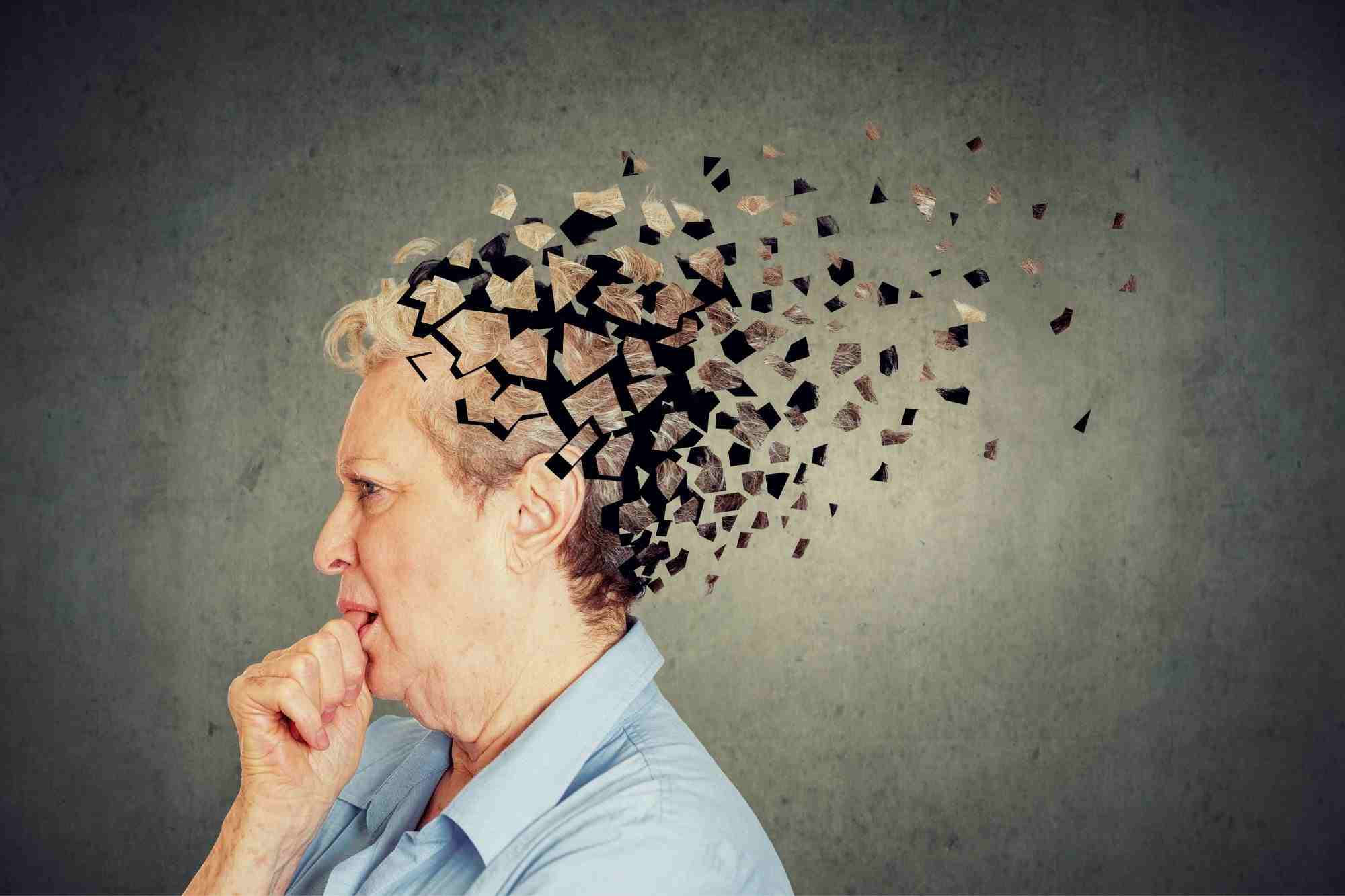Dementia may be as confusing for a patient as it will be for the ones close to them. Studies have found a connection between dementia and concussions; however, is it something you should be concerned with risk factors of dementia? Even if you aren’t a football player, you will want to know the link between the two.
Defining parameters
Dementia: it’s a general word utilized for numerous disorders resulting in impaired cognitive function, decreased intellectual abilities, and behavioral changes. Alzheimer’s is the most typically diagnosed form.
A concussion involves an injury that results from a jolt or blow to the body or head causing the brain to twist or bounce inside the skull. A direct blow to the head is not the only way to obtain a concussion. Any force causing the brain to hit the skull, like a whiplash effect, may trigger a concussion.
Although categorized as a mild brain injury, there isn’t anything benign about it. Seek medical assistance and take it seriously. Concussions cause chemical changes within the brain and might even damage or stretch brain areas. Read also How Can Technology Help Seniors?
Unclear thinking
Because of head injuries’ complex nature, the majority of doctors diagnose concussions based upon the kind of incident and symptoms experienced. It also is possible for damage to happen at a cellular level that doesn’t show up on a CT scan.
Confusion is one important sign. The patient might display memory loss that surrounds the events, ringing in the ears, physical imbalance, vomiting, and headache. There also may be vision changes and difficulty concentrating.
An individual might not recognize that they have a concussion which is the reason why it is important for family members and coaches to watch for symptoms and signs. Although symptoms oftentimes immediately show up, there may be a delay of a couple of hours up to a couple of days for symptoms to show up. Even if cleared following an initial assessment, immediately consult your doctor if any new concussion signs develop.
Know the possibility for long-range ramifications. Studies show the cumulative impact on the brain results in a greater cognitive impairment risk with several concussive events. Traumatic brain injury is related to a 60% greater risk of developing dementia.
There also is a shocking link with depression. If the patient suffers from pre-existing depression, a concussion might exacerbate symptoms.
Decrease risk
Consider a home assessment to address slip and fall hazards. Seniors might have issues with balance because of limited range in motion, medications, or muscle weakness. Minimize fall risks by working with professionals.
Concussions may increase the risk of developing this disease later on in life, but physical and mental activity in addition to expert mental health condition treatment might aid in mitigating the risk.
Optimum Personal Care encourages patients to consult their doctor about certain actions to take.


